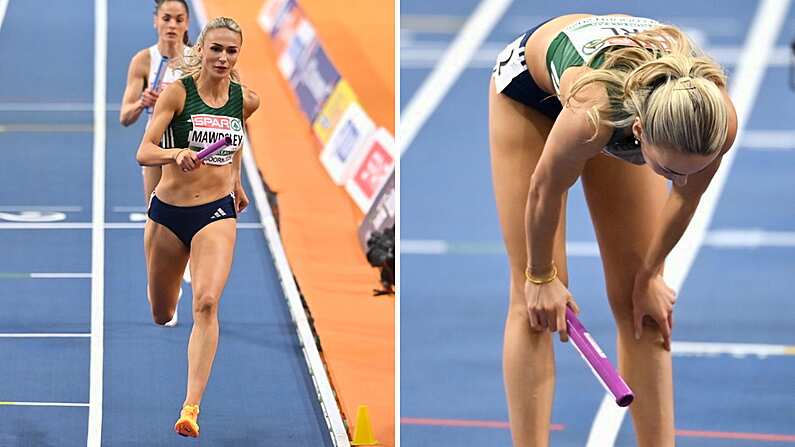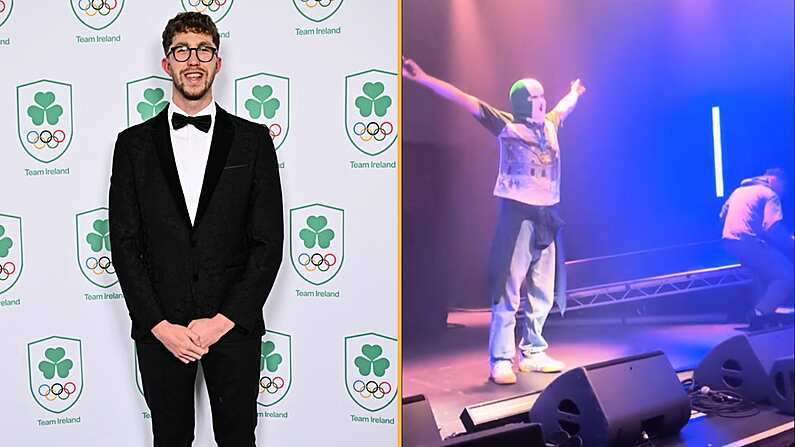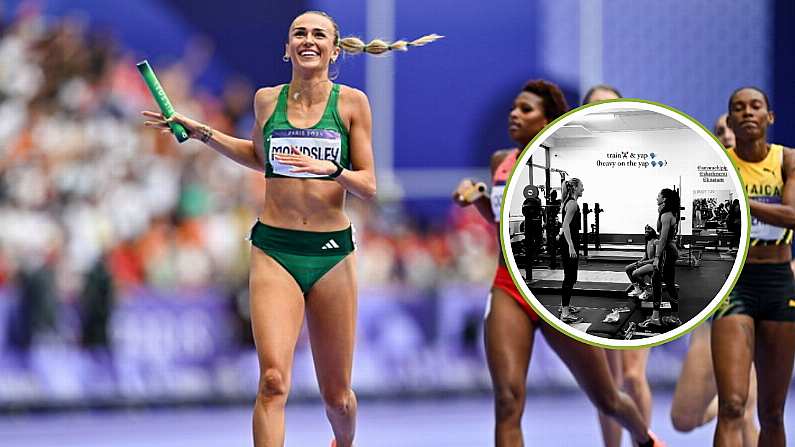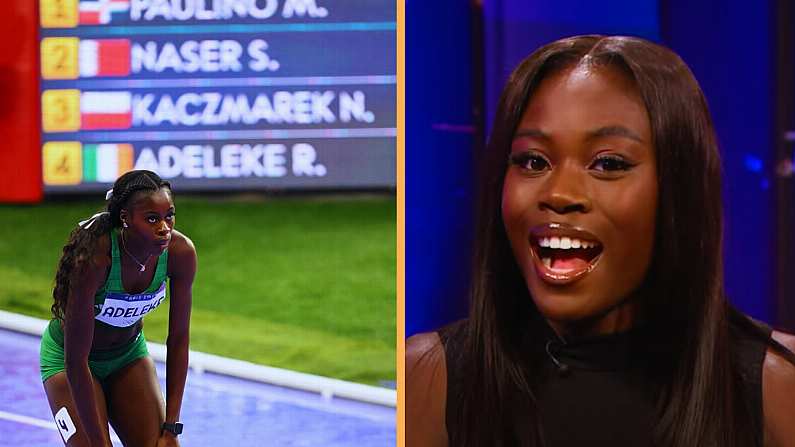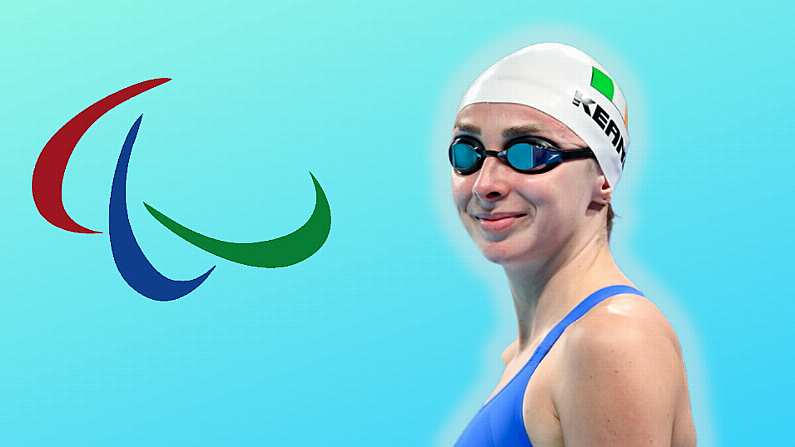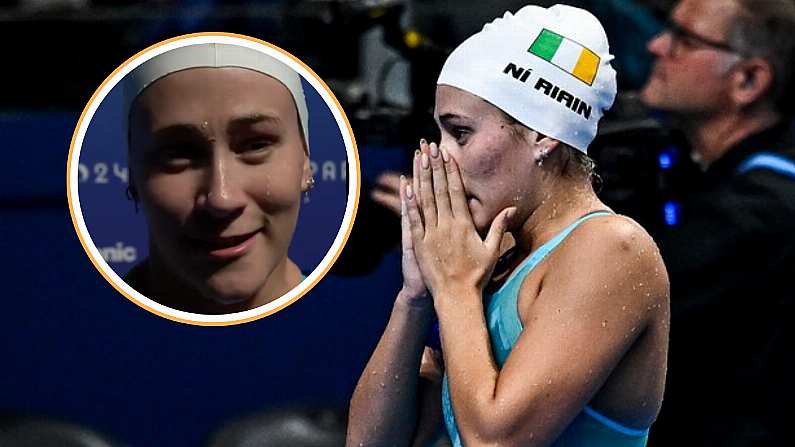In a shocking new revelation, some Russian athletes-who had until now looked set to miss the Olympic Games due to being implicated as dopers in the World Anti-Doping Agency's 'McLaren report'-may have received a lifeline that will allow them to compete after all, in news that could seriously damage the credibility of the aforementioned report.
An article in 'The Australian' today discusses the so-called "disappearing positives" that were covered in the McLaren report. These were positive tests that were destroyed, covered up or changed in order to read as 'clear' by the Moscow laboratory overseen by Vitaly Mutko, the Russian Minister for Sport. This system was termed in the WADA report as the "disappearing positive methodology".
According to 'The Australian', these "disappearing positives" could be separated into four different categories, one of which was totally lacking in seriousness. In other words, athletes were named in the report and used to support the findings even though there was no evidence that they had doped.
Exclusive:IOC issues urgent notice to sports to see if Russians “implicated’’ by McLaren, some to be reinstated https://t.co/rCLjnaNxFN
— Jacquelin Magnay (@jacquelinmagnay) August 3, 2016
The piece quotes an 'Olympic official' who believed WADA's motives behind pushing for as many names as possible within the report was to try and pressure the IOC into invoking what IOC chief Thomas Bach termed the "nuclear option" of banning the entire Russian team from the Games. Bach has been heavily critical in the media of the idea of a mass ban on the Russians, claiming that the result would be "death and devastation".
Furthermore, the IOC has reportedly now "issued an urgent notice to all sports to reassess whether a Russian competitor was 'implicated' in the McLaren report...the IOC has asked sports to clear Russians if their name was listed as 'quarantine', in other words their sample wasn't changed."
An example of the results of these revelations has already transpired. Shortly after this news broke, it was announced that a Russian sailor, Pavel Sozykin, was to be declared eligible to compete in the Olympics. And reports on the finding by the World Sailing Board have exposed serious friction between the IOC and WADA regarding the McLaren report and indicated a situation that threatens to become farcical. According to a report on sailing.org, World Sailing (the world governing body for sailing)'s official website, the IOC in a letter to all International Federations indicated that an athlete "should not be considered as 'implicated' if the McLaren list does not refer to a prohibited substance which would have given rise to an anti-doping rules violation."
Russians reassessed after McLaren evidence not damning as IOC believed. Sailor Pavel Sozykin back in #Rio2016 https://t.co/9qRZMK9hJi
— Jacquelin Magnay (@jacquelinmagnay) August 3, 2016
The sailing.org account continues:
In the case of Mr. Sozykin, though he was identified in the McLaren Report in connection with the Disappearing Positive Methodology, the report did not include specific information as to whether the positive test occurred in-competition or out-of-competition. Further, the substance for which he tested positive is not prohibited out-of-competition and, if the sample had been taken out-of-competition, would not have resulted in a sanction.
The Board also considered Sozykin's subsequent clear anti-doping tests and World Sailing stated that it would continue to monitor the accusations against Mr Sozykin and any developments regarding them. Nevertheless, the decision shows a clear lack of confidence in the McLaren report from one of the significant sporting governing bodies involved in the Olympics.
Oh dear, World Sailing has had another look at Pavel Sozykin's eligibility & has cleared him....he was 'named' by McLaren
— Matt Slater (@mjshrimper) August 3, 2016
These revelations are sure to ratchet up the tension between WADA and the IOC, who have been fiercely critical of the timing of the McLaren report, released on July 18th (just weeks before the opening ceremony of the Games) and an event which left the IOC and individual federations scrambling to try and figure out which steps to take regarding the Russian athletes.
And now, things have been made even more complicated. It remains to be seen just how many Russian athletes we will see representing their country at a Games that has already been the subject of so much controversy, with the Zika virus and the economic turmoil of Brazil being just two topics of concern.







